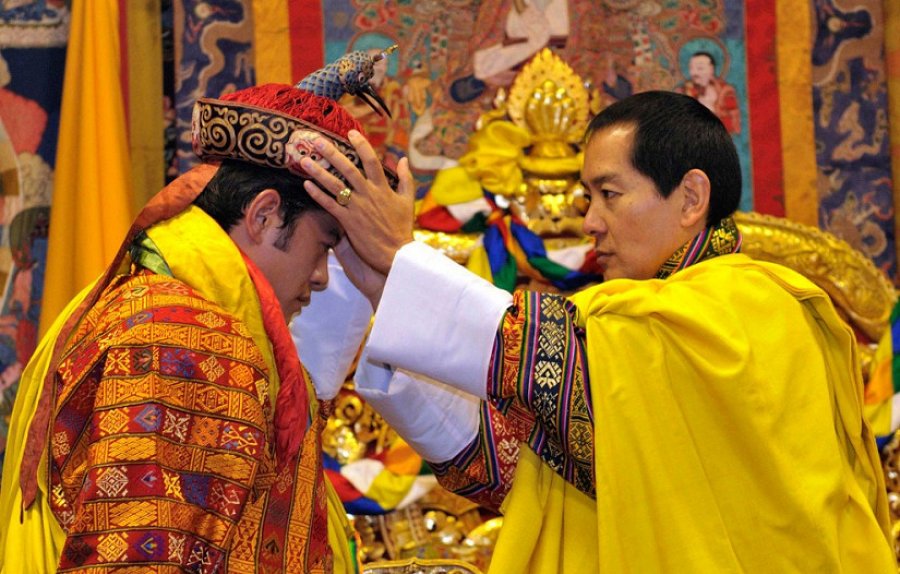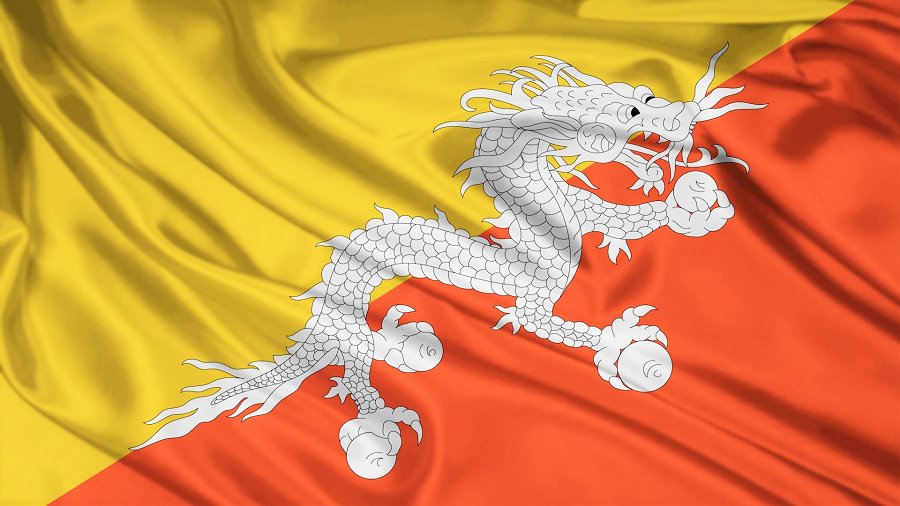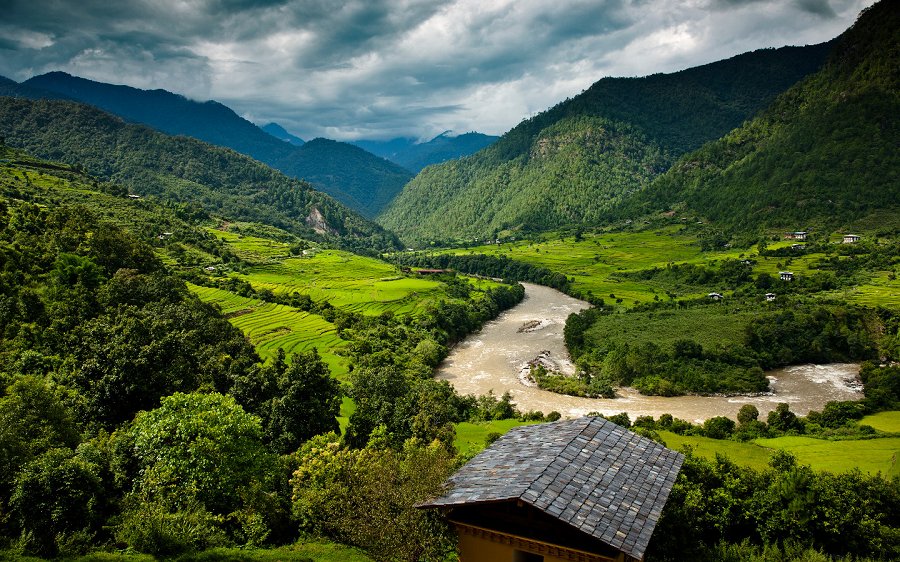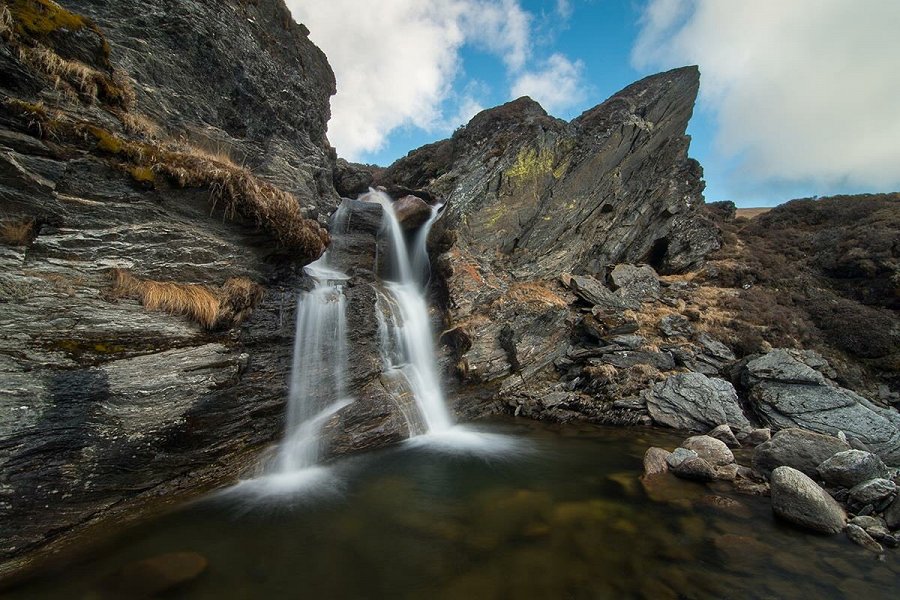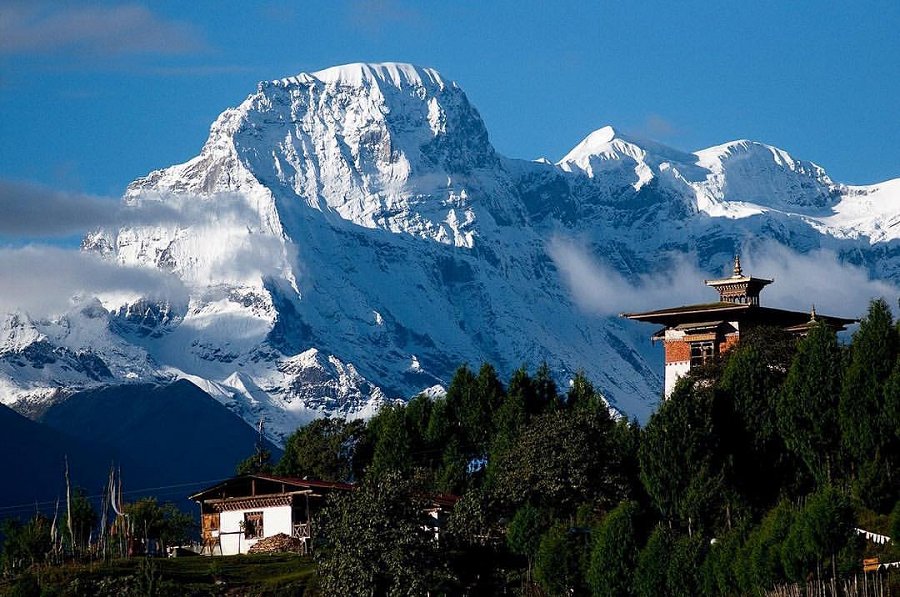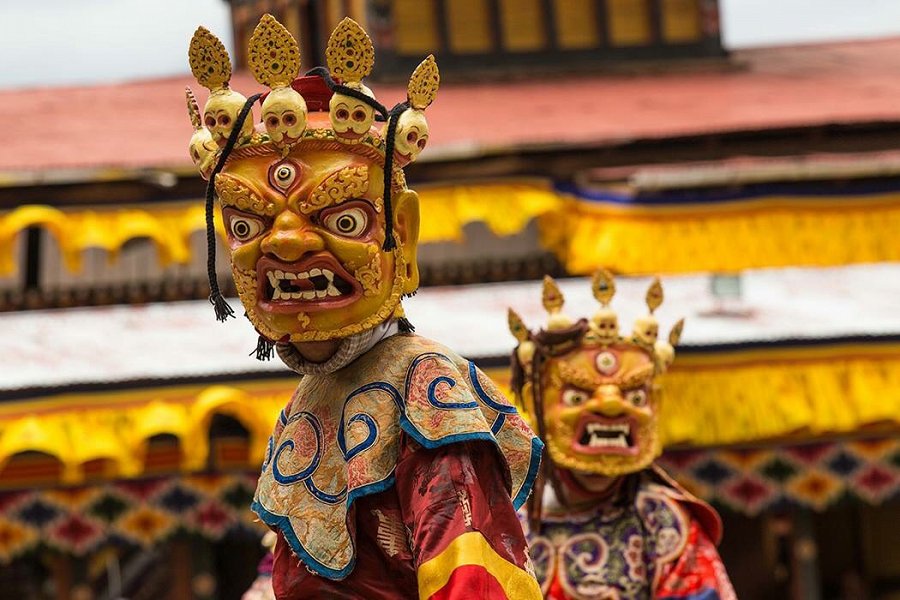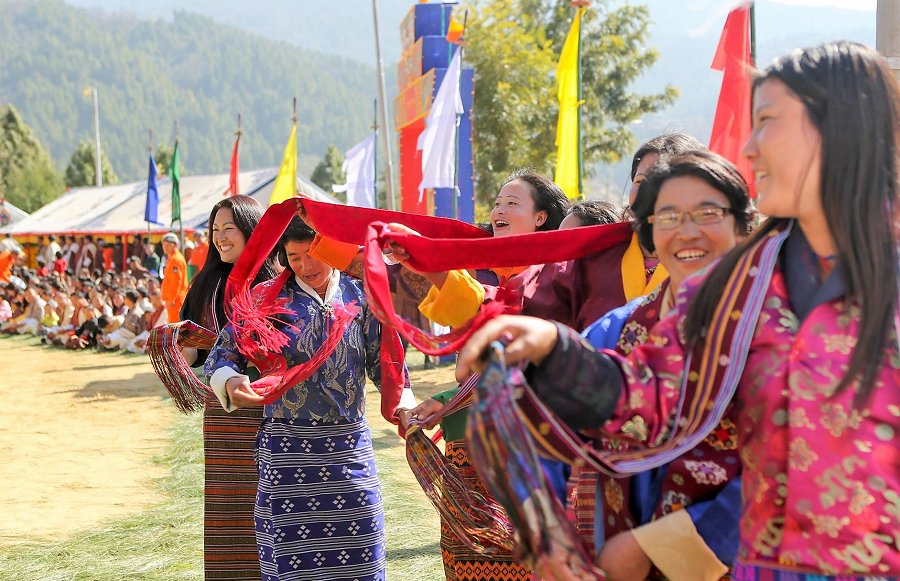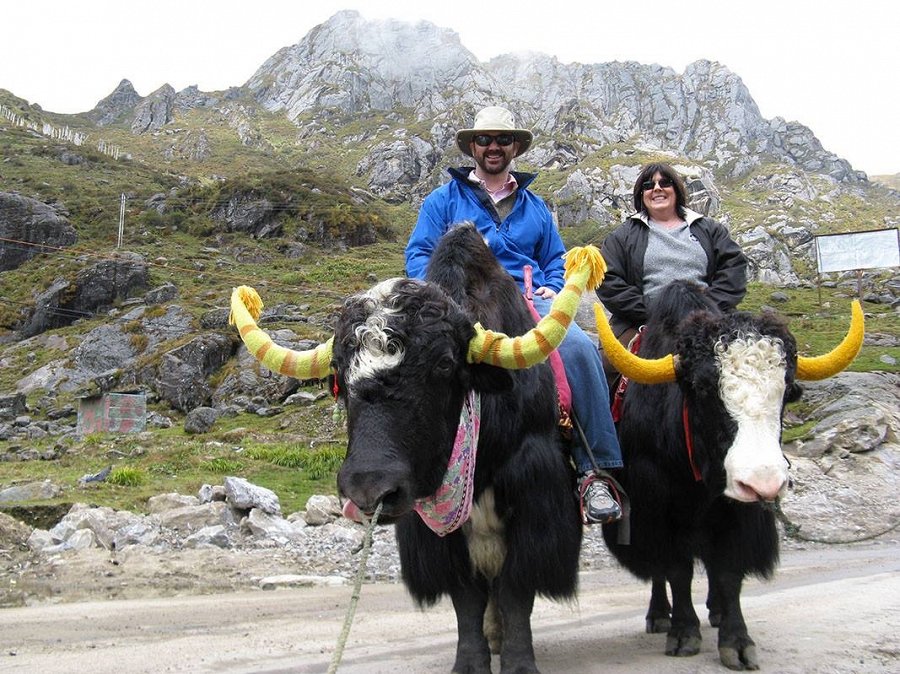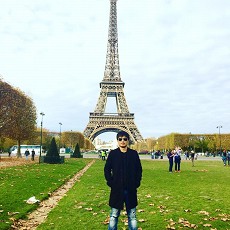Some Facts to Know About The Happiness Land
Published on 27th September, 2017 by Tshering Dorji Bhap
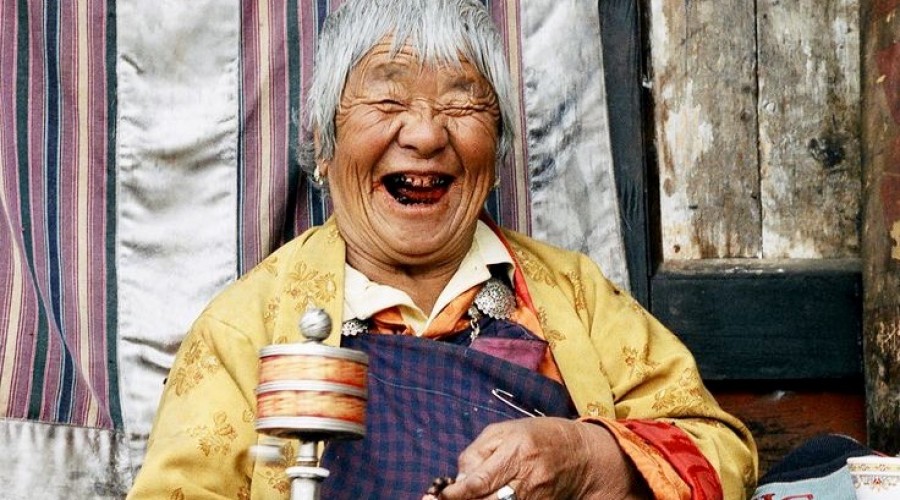
Until recently, the tiny Himalayan kingdom of Bhutan remained tucked away in total isolation from the rest of the world. It is nestled in the eastern end of the Himalayan mountains bordered by India in the south and China in the north. That segregation helped to preserve its deep Buddhist traditions, importance of the family and pristine landscapes. It’s regarded as one of the most happiest nations in the world.
Here are a few facts you may find interesting about the mysterious Kingdom in the Himalayas:
- Bhutan is a democracy and constitutional monarchy. The Bhutanese monarchy was founded in 1907. . The Bhutanese are the most peaceful and spiritual countrymen in the world and this is probably the only country where a King decided to install democracy. It held its first democratic elections in 2008.
- Bhutanese call their home “Druk Yul,” which means “the Land of the Thunder Dragons”.
- Bhutan is the first country in the world with specific constitutional obligations on its people to protect the environment. 72% of the country is forested. In fact, it’s in the country’s constitution to keep 60% of its land forested. Respect for the environment, the eco system and all species is a serious matter in Bhutan.
- Bhutan is the world’s only carbon negative country, that is; it absorbs more CO2 than it gives out. It sells hydro-electrical power, making it the only country whose largest export is renewable energy. Check out the amazing TED talk by the Prime Minister, Tshering Tobgay to understand how dedicated Bhutan is in protecting our planet earth
- Bhutan has the world’s highest unclimbed peak, Gangkhar Puensum, a mountain so sacred by the Bhutanese that the government has banned mountaineering on any peak above 6000 meters.
- Its capital is Thimphu. It is the only capital in the world without traffic lights. In fact when traffic lights were installed the people objected and the city reverted back to the use of white-gloved traffic police.
- Buddhism is the official religion. And it’s the only surviving Mahayana Buddhist nation in the world.
- Rather than using the GDP as an economic index, Bhutan measures its annual success through the four pillars: sustainable development, environmental protection, cultural preservation, and good governance, which together form the Gross National Happiness(GNH)
Plastic bags have been banned in Bhutan since 1999.
The country’s national sports is archery.
The first foreign tourists went to Bhutan in 1974.
You can visit Bhutan freely but you need to organise your trip with a local travel agency. A minimum daily fee of US$ 200 and 250 per day is charged on respective seasons. This daily fees includes your Visa, Government Royalty (Sustainable Development Fee), Accommodation(3 star hotels), Food, Tour Guide and Transportation.

